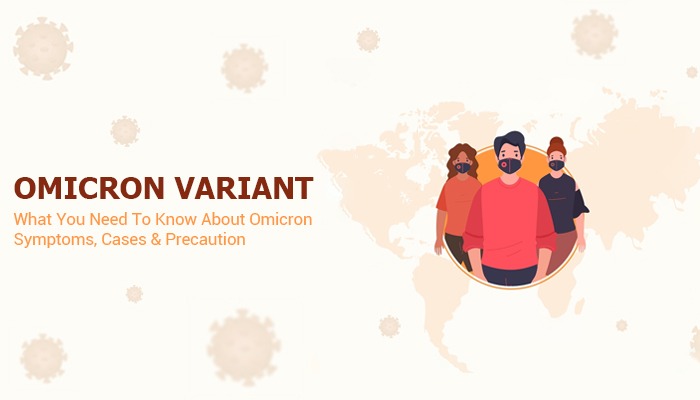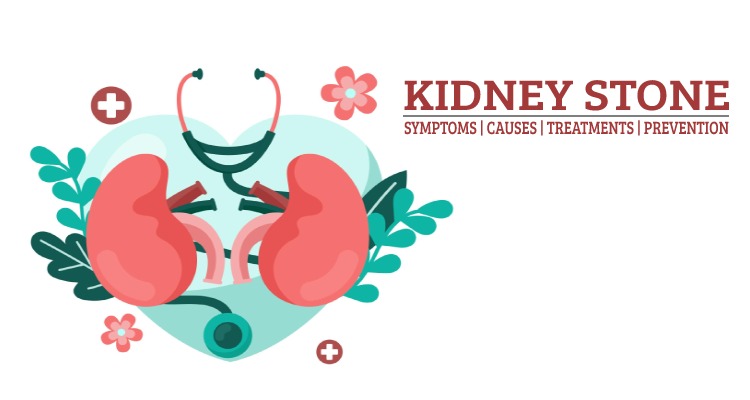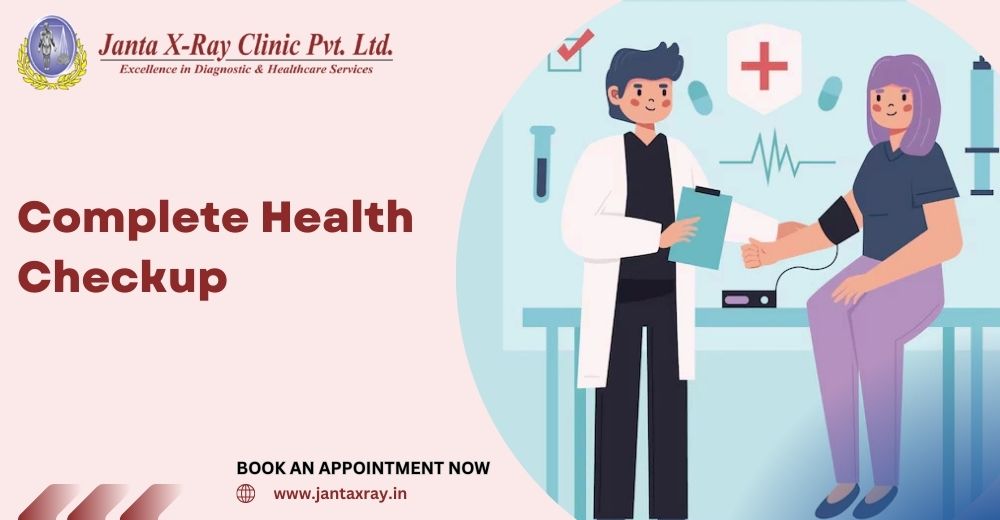Omicron Variant: What You Need To Know About Omicron Symptoms, Cases and Precaution

Before the world could breathe relief from the effects of the second wave, we are yet again hit by a probable third wave of coronavirus variant – this time named as Omicron. According to the World Health Organisation (WHO), the latest variant is believed to be more transmissible than the earlier Delta variant. It has already spread massively in 106 countries, reports WHO. At the same time, scientists are worried that Omicron’s high number of mutations may make vaccinations less effective.
Here’s everything you should know about the Omicron variant.
What is Omicron?
With Omicron cases in India touching a new high and rising at a rapid pace, understanding what this variant is all about has become crucial.
On November 24, 2021, a new variant of COVID-19 was diagnosed in South Africa. It is named Omicron (B.1.1.529) by the WHO. The Omicron variant has a huge number of mutations and therefore, it is considered most unpredictable.
Though the variant has been showing relatively milder health implications so far as compared to previous variants, experts warn to undermine it just yet. The governments and health officials are continuously urging people to take definitive preventive measures to limit the spread of the Omicron virus. This has become even more important because the variant is showing some unusual signs of which a high transmission rate is one of the most concerning factors.
It is still unknown if Omicron infection in fully vaccinated people can cause severe illness or death than infection caused by other variants of COVID.
Spread of Omicron
According to the Centers for Disease Control and Prevention, Omicron is likely to spread more easily and faster than the earlier SARS-CoV-2 virus, though the rate at which the variant spreads as compared to Delta remains unknown. It is considered that anyone carrying the Omicron virus can easily spread it to others, regardless of the fact that they are vaccinated or do not have symptoms.
Due to its high transmissibility, Omicron cases in Delhi are rising at an alarming rate with the number increasing many folds on each coming day. Even the Hon’ble Chief Minister, Arvind Kejriwal, has been tested COVID positive amid the lingering third wave.
The current positivity rate compared to the COVID test rate for every 100 samples in Delhi is tens of percent. And not just Delhi; cases of Omicron are rising rapidly across India – raising eyebrows of the governments, scientists and health officials.
Symptoms of Omicron
The South African doctor, Dr Angelique Coetzee, who first identified the new variant of COVID-19 reported some common symptoms like fatigue, muscle aches, night sweats and a scratchy throat. However, with time, Omicron symptoms are also changing – mostly resembling cough & cold.
The top five symptoms reported for the new variant are:
- Runny nose
- Severe or mild fatigue
- Headache
- Sore throat
- Sneezing
The WHO has further added other symptoms common with previous COVID-19 variants, including cough and fever. Another symptom that may show up as a surprise is loss of appetite. Skin rashes, diarrhoea and discolouration of toes or fingers are other less common symptoms reported by patients in India. In very rare cases, Omicron may result in shortness of breath, chest pain, confusion and loss of mobility or speech.
As compared to earlier variants of COVID-19, people infected with Omicron have rarely reported a loss of taste and smell. Previously, this was one of the tell-tale symptoms of coronavirus.
Are the Omicron Symptoms Milder Than Earlier COVID-19 Variants?
Scientists have reported that Omicron symptoms are extremely mild when compared to those of previous variants like the Delta. Unlike in earlier infections, people have not reported a loss of taste and smell. No significant drop in oxygen levels has been reported yet with the new variant.
Other studies suggest that there are lower risks of hospitalisation or severe diseases in patients infected with Omicron. Some of this is attributed to greater population immunity due to mass vaccination across the world. The pace at which the virus is spreading may help offset a reduction in its severity. However, scientists and health officials believe that it is too early to predict the behaviour of the Omicron variant.
How Long is the Incubation Period?
As scientists and doctors expect, the time that an infected person will take to develop the symptoms are shorter for the new variant than for earlier variants – ranging from a full week to as low as three days or even fewer. Perhaps this is the reason why the spread is happening at a significantly faster pace than the Delta variant. Doctors further suggest that the incubation period could be longer or shorter depending on various factors, like underlying health conditions, age or vaccination status.
Precautions to Prevent Omicron
While there is still no definite treatment to protect against Omicron, we also know if we make our immune system strong through the immune booster food we can fight with omicron. The WHO has recommended the following precautionary measures to prevent the spread of COVID-19:
- Get vaccinated
- Wearing a mask is mandatory at all times when you are in a public place or areas with high community transmission
- Maintain good hygiene
- Keep physical distancing
- Self-isolate yourself if you develop symptoms of Omicron
- If symptoms do not go in 2 days, get yourself tested for COVID-19
- Ventilate your indoor spaces sufficiently
We hope the above article provides valuable information about the Omicron variant, symptoms, test cases and safety.
Disclaimer: The information on this website should not be used as a substitute for professional medical care or advice. Contact a health expert if you have questions about your health.





1.jpg)
.jpg)
.jpg)

-Janta.jpg)



Comments List